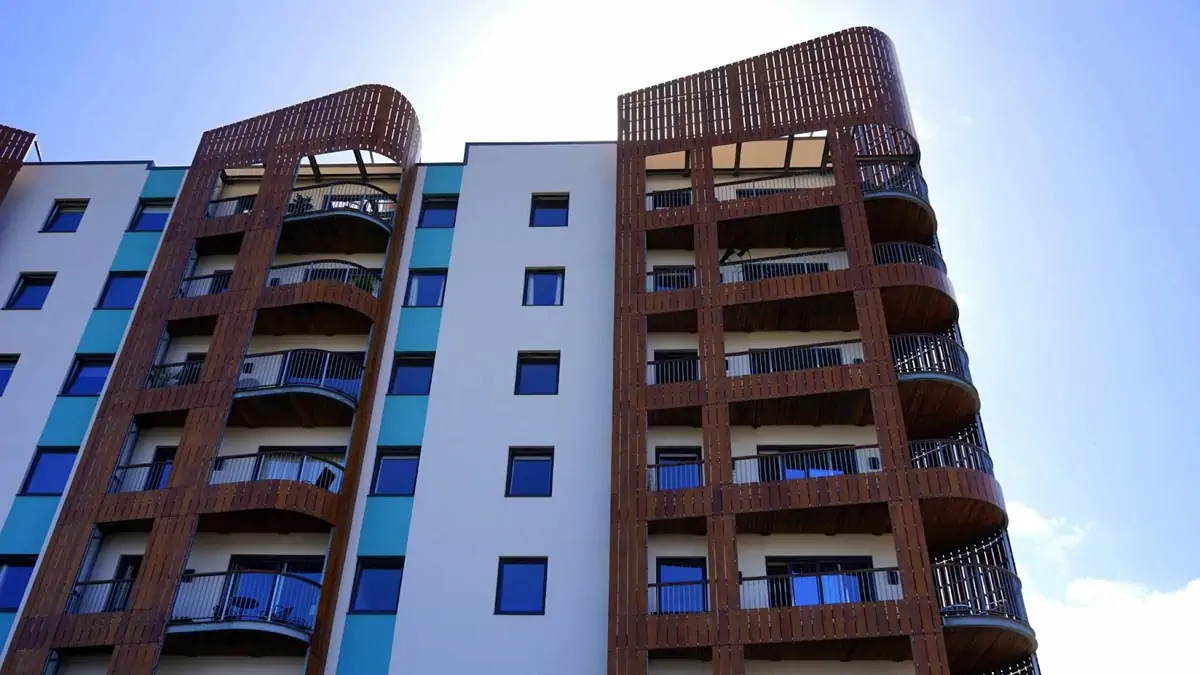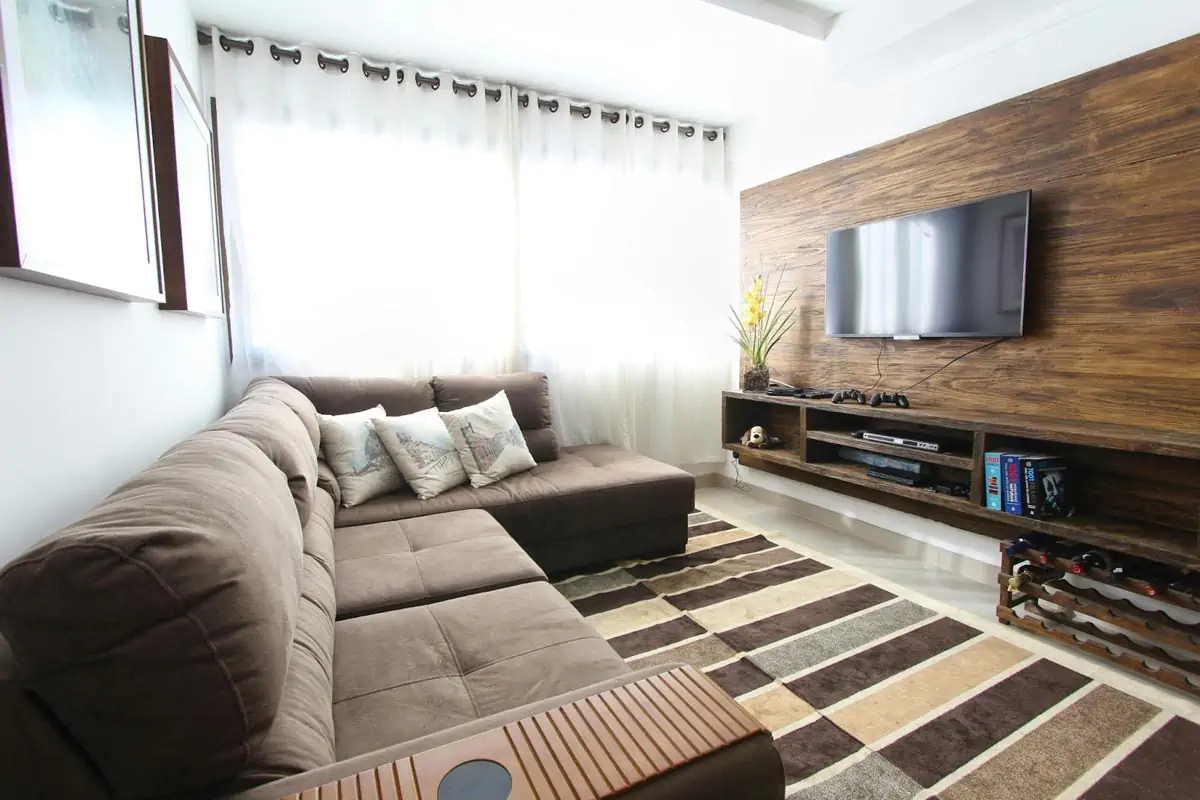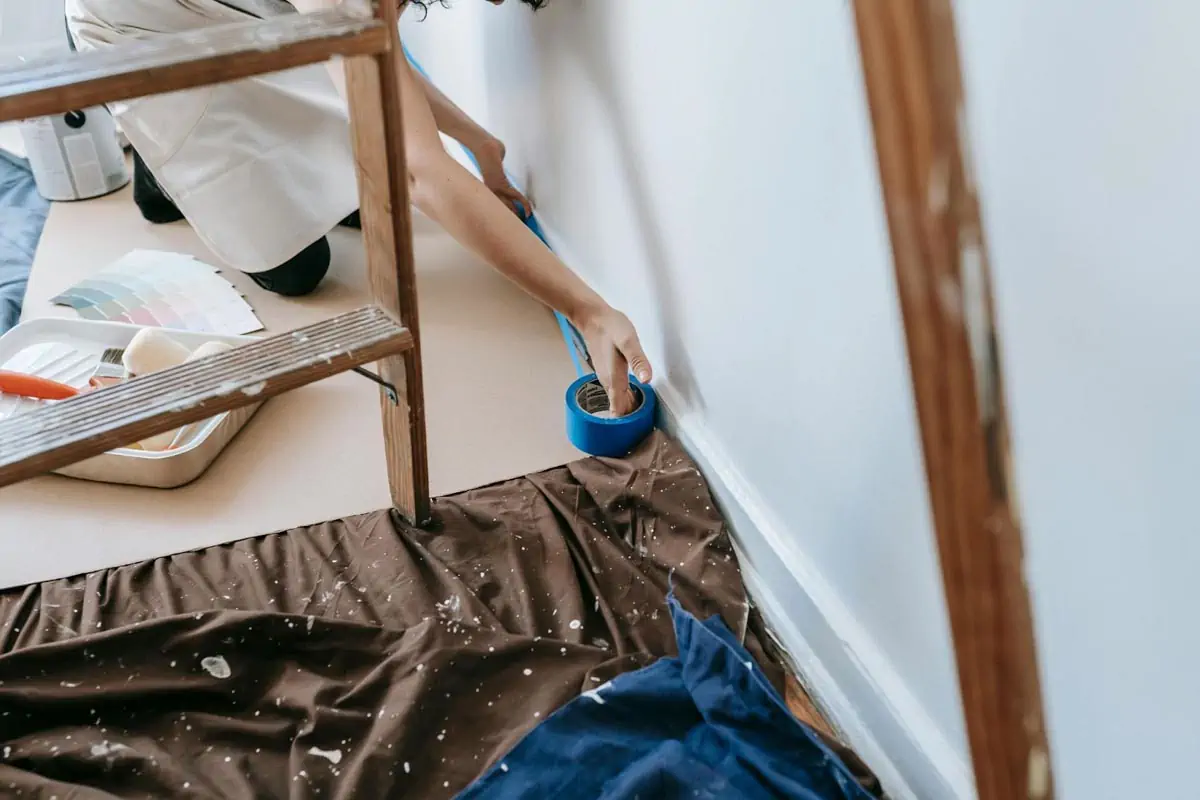Does a Condominium Expire? The Truth About Condo Expiry
Published on: May 27, 2024
Updated on: May 31, 2024
0 Like
Does a condominium expire according to Philippine real estate law? If it does, should you be worried about it as a condo homeowner?
The “expiry” of a condo building is an often misunderstood concept in Philippine property investment. Yes, large apartment developments and complexes tend to degrade in quality over the years – as all things do. But do these home structures have a sure expiry date that you need to watch out for as a tenant or owner?
No buyer has perpetual ownership over their purchased unit, but there’s still a lot more to the end of a condominium’s lifespan than meets the eye. This quick explainer by DMCI Homes is here to clarify all these nerve-wracking questions for tenants and owners alike.
Want to learn about the misconception of condominium expiry, and its basis within the Philippines’ law? Check out this guide to discover tips about the long-term implications of homebuying and ownership so that you can make informed decisions about your current and future property investments.
 Photo courtesy of Mike Bird via Pexels
Photo courtesy of Mike Bird via Pexels
RA 4726: The Condominium Act
The idea of condos having a specific and finite lifespan comes from misinterpretations of Republic Act (RA) 4726. Also known as the Condominium Act, this Philippine law states the following clause about condo buildings: “Section 13. Until the enabling or the master deed of the project in which the condominium corporation owns or holds the common area is revoked, the corporation shall not be voluntarily dissolved [...] except upon showing: [...] (c) That the project has been in existence in excess of fifty years, that it is obsolete and uneconomical, and that more than fifty percent of the members of the corporation, [...], are opposed to the repair or restoration or remodeling or modernizing of the project…” In layman's terms, Section 13 of RA 4726 states three terms and conditions for “voluntarily dissolving” or retiring a condominium corporation - and in turn, its respective building. These terms are:- That the building has existed for over 50 years;
- That [it] is obsolete and uneconomical, and;
- That more than 50% of its corporation members agree to [its] retirement.
 Photo courtesy of Sora Shimazaki via Pexels
Photo courtesy of Sora Shimazaki via Pexels
 Photo courtesy of Pixabay via Pexels
Photo courtesy of Pixabay via Pexels
Dealing with a condo’s lifespan
Let’s say that, in a rare turn of events, you do invest in a condo that is 50 years of age and nearing obsolescence. Here are some practical steps you can take to make the most out of your own property before it reaches the end of its lifespan.- Vote on its fate. If your building is untenantable and already being considered for demolition, you can choose to be part of the vote that will eventually decide its fate. This way, you have control over what happens and you can directly impact the future of your property investment too.
- Sell the land. If the building is no longer economical or inhabitable, you can actually meet with fellow condo unit owners to sell the land it stands on instead. As a shareholder in the corporation, you can opt to sell and divide the profit share from the sale. With this option, you can gain some financial benefit prior to the property’s overall obsolescence.
- Agree to a brand new construction. If the original developer of your home still thinks the land is fit for it, you can agree to become a shareholder for a brand new construction. With this option, you can see the building off to its demolition and reconstruction, setting you up for a brand new long-term investment.
- Get in talks with your property managers. If you don’t know how to navigate this condo concern, talk to your property management team to see what the best possible option is for your needs. They might be able to give you insight into the future of your complex and its community as well.
 Photo courtesy of Blue Bird via Pexels
Photo courtesy of Blue Bird via Pexels
Long-term tips for condo owners
With this misconception about your home’s expiry debunked, you can focus your energy on other realistic concerns – like keeping your unit in tip-top shape to ensure your comfort in the long run. To proactively take care of your property investment and avoid issues related to its expiration, make sure to follow these simple tips:- Know about the “age” of your unit. By asking about the age of your condo building, your unit, and its original fixtures, you can have a better idea of when your home will require specific repairs and replacements.
- Conduct maintenance checks regularly. Maintenance and repairs are essential to lengthen the lifespans of both a building and a unit. Remember to regularly conduct check-ups on your living spaces to ensure everything within them is still in good working condition.
- Ask questions about your building’s financial health. Talk to your property management team to see if the building is still economically viable. Do people still want to buy units and live within the complex? Are there extenuating circumstances that discourage people from wanting to live there? Keep an ear out for any financial concerns that may affect the success of your real estate investment.
- Stay informed about the condition of the building overall. Regularly check for updates from your property management office regarding ongoing construction throughout the complex too. By staying informed, you can ensure a longer-term comfy condo lifestyle.
 Photo courtesy of Kampus Production via Pexels
Photo courtesy of Kampus Production via Pexels
Key takeaways
By arming yourself with more context and information about your investment, you can experience a better and happier life at your DMCI Homes condominium. Enjoy your condo home to the fullest by taking these final tips away with you too:- Conduct regular maintenance checks on your living spaces. Reassure yourself of the viability of your home by regularly checking it for repairs, maintenance, and renovations if needed.
- Invest in modern developments that use high-quality materials. This will ensure that your home has a long way to go before it reaches 50 years of age, or even deteriorates beyond repair.
- Forge a good relationship with your property managers. By connecting with your respective DMCI Homes property management office, you can get relevant updates on your home’s financial health and economic viability in the long run.




